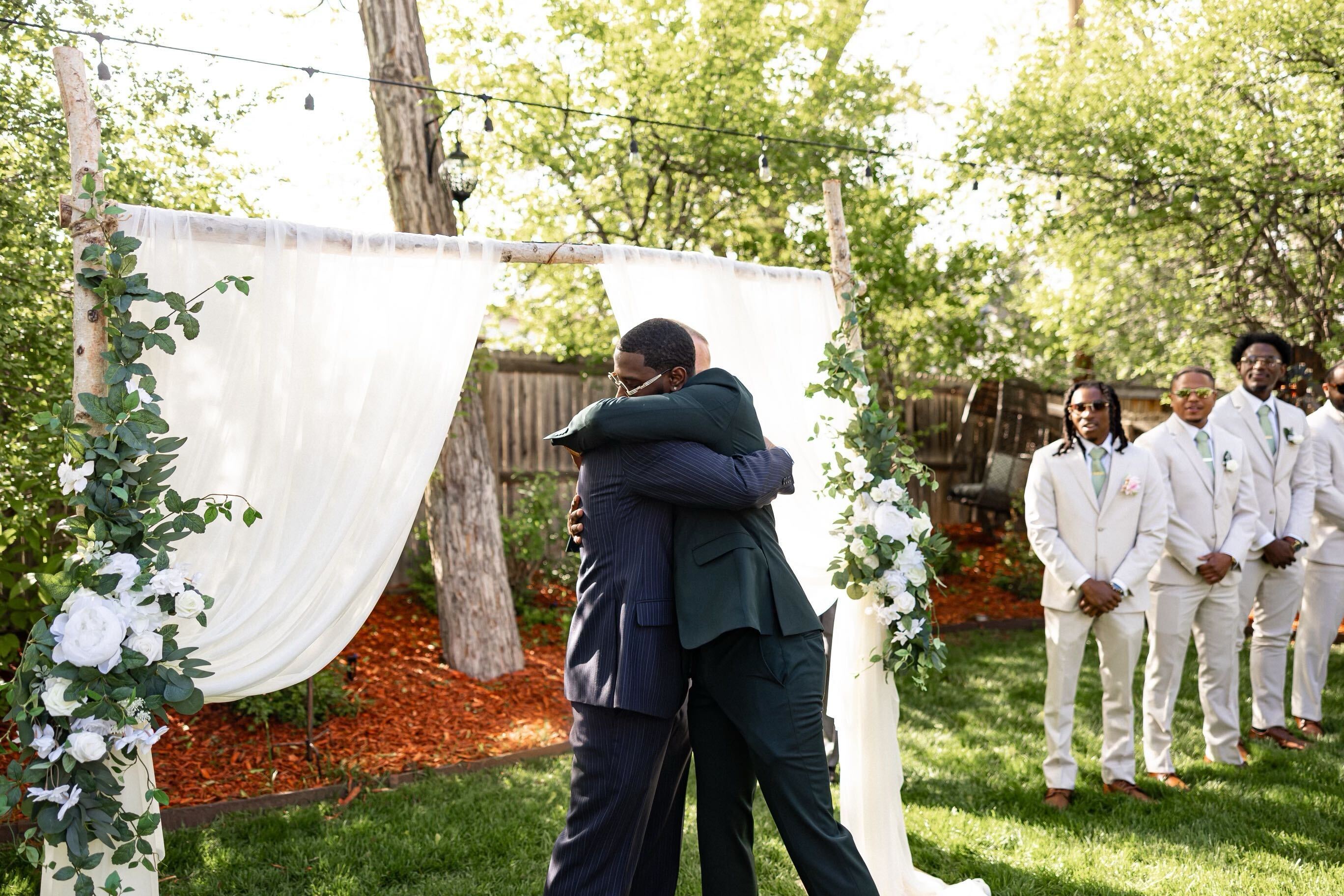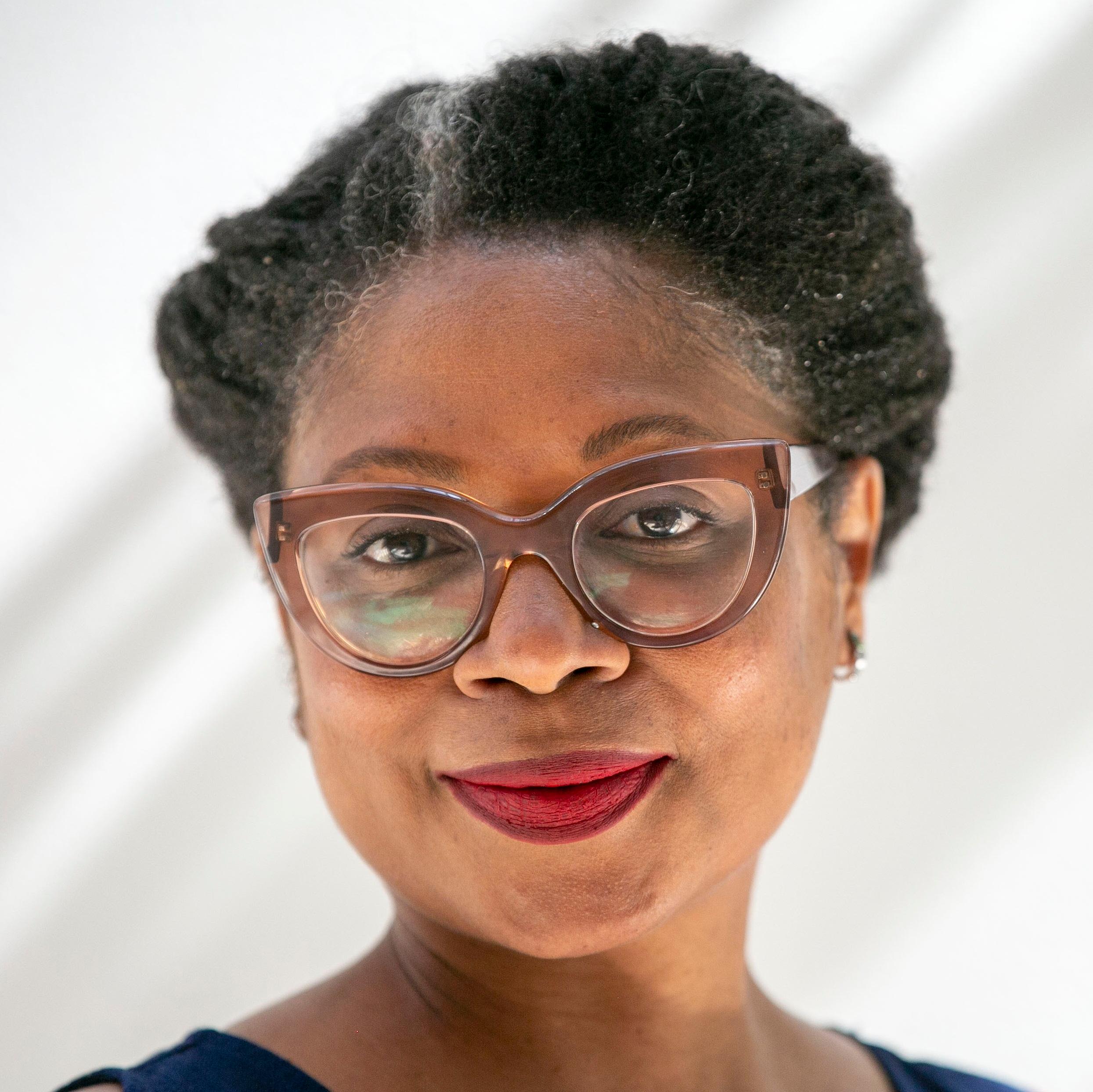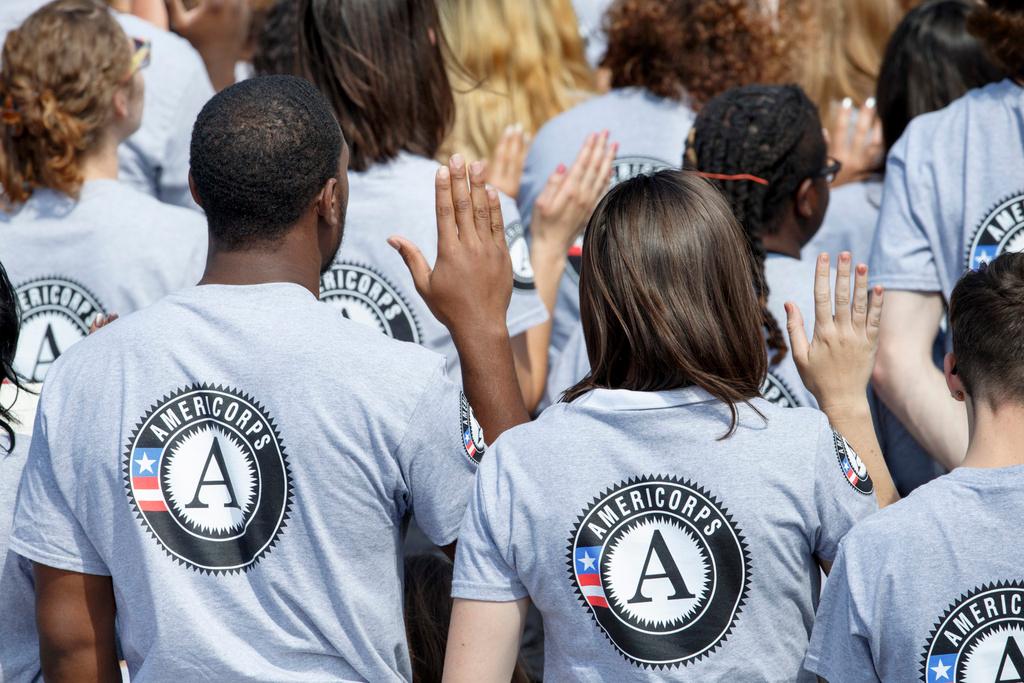
Elycia Cook, president and CEO of Big Brothers Big Sisters Colorado, remembers her mentor well. And she remembers one decision her mentor helped her make in particular.
“I had a mentor who encouraged me to move to Japan," she said, adding that having a mentor who looked like her made her more comfortable with the decision.
The move proved transformative for Cook and eventually for her organization, which has been matching “Bigs” with “Littles” for 118 years. Her own experience opened her eyes to how to best serve the people she is tasked with helping — according to the National Institutes of Health, 76 percent of youth participants in mentorship programs identify as a person of color.
But it’s not just support for young people. Cook is making intentional efforts in addressing the systemic reasons that prevent people of color from volunteering, too.
“Our content and messaging has changed, we’re in the community,” she said about their organizational efforts to grow diversity in opportunities for more people of color to volunteer to become mentors, particularly, Black men.
The exact percentage of the number of Black men who are mentors is scarce, but a commonly cited statistic is that they only make up 2 percent of formal mentoring programs.
Young people who have a mentor are more likely to succeed academically, build strong social networks, and develop a sense of purpose. Mentoring has long been a critical factor in shaping the lives of youth, particularly in underserved communities.

The impact is even more transformative when these mentors come from similar cultural backgrounds. Culturally-matched mentorship offers a sense of familiarity and understanding that can be critical to helping young people find their own identity.
Organizations like Big Brothers Big Sisters of Colorado, The Apprentice of Peace Youth Organization and the Latino Leadership Institute are working to bridge this gap by recruiting mentors who reflect the diversity of the people they serve.
But there are roadblocks. NIH reports that “there has not been a substantial shift in the foundational structure and philosophy of mentoring, thus not accounting for the cultural needs of youth participating in these programs.”
The best way for any organization to properly serve and meet the needs of their clients is to be in the community. So to get around the challenges to finding the right mentors, many organizations find themselves out in the community, speaking to and connecting people to services.
“The community is where you’re able to connect to resources, the community is where you’re able to find volunteers, the community is where there are people who want to actually give back,” said Pos Ryant, the executive director and co-founder of The Apprentice of Peace Youth Organization (AOPYO), a nonprofit dedicated to reducing mental health stigma and promoting skills through wellness programs.
“I think there’s a stigma that our community doesn’t want to give back or doesn’t want to participate in mentorship and supporting our community but I beg to differ.”
AOPYO, which celebrated its 10th anniversary this year, is located near the Five Points on Curtis St. in Denver, and also provides its wellness programs such as Tai Chi and leadership training skills in a former elementary school in Aurora.
Joelle Martinez is working to build mentorship connections in the Latino community for people who’ve already become leaders in corporate America.
According to the Latino Leadership Institute (LLI), while Latinos are the second-fastest growing population in the country, their representation in executive leadership has remained largely unchanged, with a 450 percent leadership gap — the difference between the skills and capabilities of an organization's leaders and what is needed for them to be effective.
“And if we stay on that track and trajectory, that is actually going to grow to 600 percent at a time when we are going to double our workplace participation,” Martinez said. “We have to close the gaps, not only for the individuals to succeed but for our workforce and our economy to continue to thrive,” she added.
LLI, which also has been around for 10 years, works with early-career to C-suite Latino professionals to offer tools, resources and training aimed at improving social capital, which helps advance careers.
“Having access to subject matter experts, having access to individuals that can help support their journey because they have lived their journey, so that cultural relevancy is really mission critical for us,” Martinez added.
But it’s not just having a mentor from a culturally similar background that helps. The presence of any adult in a child’s life who is consistent and who is not a family member is so impactful that there are also significant benefits to having a mentor from a different cultural background. Exposure to diverse perspectives can broaden a young person’s worldview, challenge preconceived notions, and help them develop empathy and adaptability.
Javon Carter, an enrollment specialist at Big Brothers Big Sisters of Colorado and a former “little” — who is Black — was matched with a white male big when he was 10 years old.
“That was actually better for me,” Carter said. “He helped open me up to so much more.”
Now 28, Carter still has a relationship with his “big,” Michael McCubbin, who officiated Carter’s wedding in May. He said that while having a mentor who looks like you and understands your struggles is important, mentors from different cultural backgrounds also help children see the world through a different lens and learn to relate to people who don’t look like them.
“When I got introduced to Mike, [him] just showing up, being consistent, being willing to show up and be the only person that was white in certain settings, and things like that, and be comfortable in those [settings], just showed me that not everybody is against me and I can gain support and gain good relationships with people who are not people of color.”
For more on this story, listen to this week’s episode of Real Talk with Denver 7 and CPR News, which focuses on issues that impact underrepresented people across Colorado and amplifies the voices you may not always hear.








